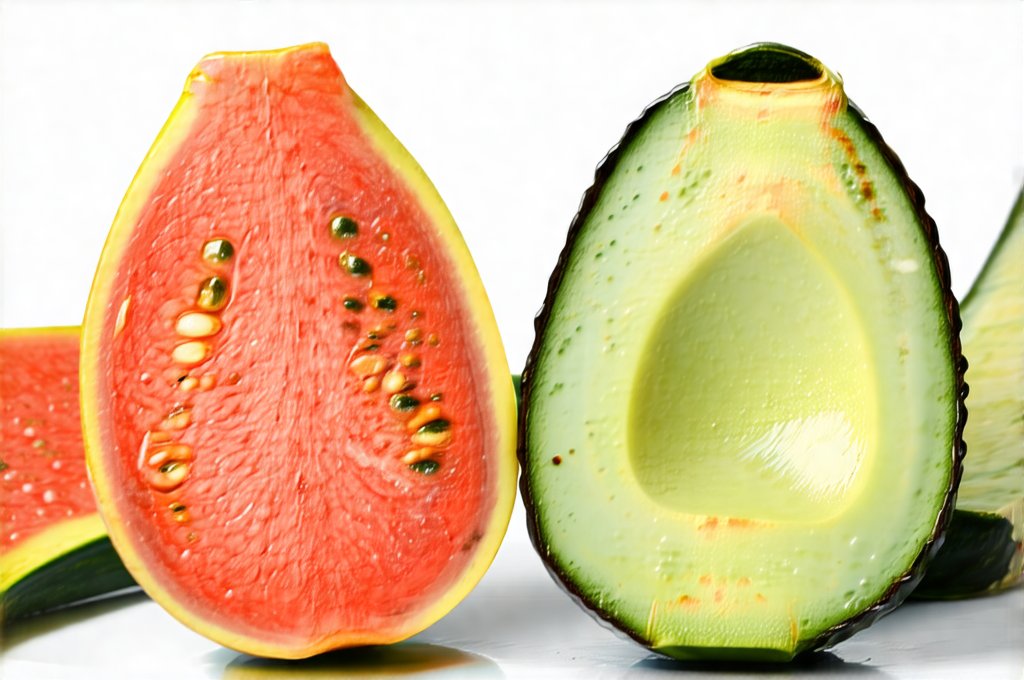Intermittent fasting (IF) has surged in popularity as a lifestyle choice embraced for its potential benefits ranging from weight management to improved cellular repair. However, alongside the enthusiasm, there’s growing awareness that IF isn’t a one-size-fits-all solution. Many individuals experience digestive discomfort, particularly increased acid reflux or heartburn, when first adopting or continuing an intermittent fasting regimen. This is often linked to changes in gastric acid production and the timing of meals, coupled with potential dietary adjustments. Understanding how to manage these acid levels isn’t just about alleviating unpleasant symptoms; it’s about ensuring that IF remains a sustainable and healthy practice for you long-term.
The body’s intricate digestive system responds dynamically to eating patterns. During fasting periods, stomach acid production typically decreases as there is no immediate food to digest. However, when refeeding occurs – especially after prolonged fasts or with certain food choices – there can be a surge in acid secretion. This rapid increase, combined with potential factors like weakened lower esophageal sphincter function (the muscle preventing stomach acid from flowing back up into the esophagus), can lead to acid reflux and related issues. It’s crucial to proactively address these possibilities rather than simply enduring discomfort, as chronic acid exposure can damage the esophagus over time. Effective management is about finding a balance between maximizing IF benefits and minimizing digestive distress.
Understanding Acid Production & Intermittent Fasting
The relationship between intermittent fasting and stomach acid production isn’t straightforward. Normally, our bodies regulate hydrochloric acid (HCl) secretion based on cephalic phase stimulation – anticipating food based on sight, smell, or thought – gastric phase stimulation – triggered by the presence of food in the stomach – and intestinal phase stimulation – influenced by nutrients reaching the small intestine. Intermittent fasting disrupts these phases. During the fasted state, HCl production naturally diminishes to conserve energy and prepare for periods without digestion. However, when you break your fast, especially with a large or triggering meal, there’s often an overshoot of acid secretion as the body prepares to process food.
This overshoot isn’t necessarily problematic if it’s managed effectively. The issue arises when this increased acidity leads to symptoms like heartburn, indigestion, bloating, and even nausea. Furthermore, certain IF protocols – such as 16/8 or OMAD (one meal a day) – can concentrate the entire day’s food intake into a shorter window, potentially overwhelming the digestive system and exacerbating acid production issues. The type of foods consumed during your eating window also plays a significant role; highly processed foods, spicy dishes, caffeine, alcohol, and large quantities of fatty foods are all known to increase stomach acid or weaken the lower esophageal sphincter.
Ultimately, managing acid levels while intermittent fasting is about understanding this dynamic interplay between fasting periods, refeeding strategies, and dietary choices. It’s not about eliminating stomach acid – which is essential for digestion and nutrient absorption – but rather about regulating it to prevent uncomfortable symptoms and maintain digestive health. Focusing on mindful eating practices, strategic meal composition, and potentially incorporating supportive supplements can make a substantial difference in your experience with IF. You might also find optimal enzyme levels naturally to be helpful when considering supplementation.
Dietary Strategies for Acid Management
Diet plays an undeniably large role in managing acid levels during intermittent fasting. While there’s no single “acid reflux diet,” certain foods are demonstrably more likely to trigger symptoms than others. A cornerstone of acid management is identifying and minimizing these triggers, while prioritizing foods that soothe the digestive system. – Prioritize whole, unprocessed foods: These are generally easier to digest and less likely to cause excessive acid production. – Focus on lean proteins: Choose options like chicken breast, fish, or tofu over fatty cuts of meat. – Incorporate fiber-rich foods: Fiber aids digestion and can help regulate stomach acidity. Good sources include fruits, vegetables, and whole grains.
Avoiding common triggers is equally important. Highly acidic foods (citrus fruits, tomatoes), spicy foods, caffeine, alcohol, carbonated beverages, chocolate, peppermint, and fried or fatty foods should be consumed in moderation or eliminated if they consistently cause issues. Equally crucial is how you eat. Eating slowly and mindfully allows your body to better prepare for digestion and reduces the likelihood of overeating, which can contribute to acid reflux. Smaller, more frequent meals during your eating window (even within an IF schedule) might be preferable to one large meal if you’re prone to acid issues.
A helpful technique is keeping a food diary to track what you eat and any associated symptoms. This allows you to pinpoint specific foods that exacerbate your acid levels and make informed dietary adjustments. It’s also beneficial to consider the timing of certain foods; for example, avoiding lying down immediately after eating can help prevent acid reflux. Hydration is another key factor – drinking plenty of water throughout the day helps dilute stomach acid and supports overall digestive function. If you are pregnant, be sure to review acid reflux in pregnancy tips as well.
The Role of Lower Esophageal Sphincter (LES) Health
The lower esophageal sphincter (LES) is a ring of muscle at the bottom of the esophagus that prevents stomach acid from flowing back up. When the LES weakens or relaxes inappropriately, it allows this reflux to occur, leading to heartburn and other symptoms. Several factors can contribute to LES dysfunction, including obesity, smoking, certain medications, and specific foods (like peppermint and chocolate). Intermittent fasting itself doesn’t directly cause LES weakness but can potentially exacerbate existing issues if not managed carefully.
During prolonged fasting periods, the pressure within the abdomen may decrease slightly, which could theoretically allow for more reflux. However, this effect is usually minimal. The more significant concern lies in refeeding – particularly with foods that relax the LES or increase stomach acid production. Large meals, fatty foods, and caffeine are all known to contribute to LES relaxation. Maintaining a healthy weight can also support LES function; excess abdominal fat puts pressure on the stomach, increasing the risk of reflux.
Supporting LES health involves lifestyle modifications beyond dietary changes. Elevating the head of your bed by 6-8 inches during sleep can help prevent nighttime acid reflux. Avoiding tight-fitting clothing around the abdomen is another simple step. Regular exercise (excluding immediately after eating) can also contribute to overall digestive health and potentially strengthen the LES. If you suspect a significant issue with your LES, it’s essential to consult with a healthcare professional for proper diagnosis and potential treatment options. Understanding gallbladder disease with gentle exercise can also support overall digestive wellness.
Supplementation & Other Supportive Measures
While dietary changes and lifestyle adjustments are foundational for managing acid levels during intermittent fasting, certain supplements may offer additional support. Digestive enzymes can help break down food more efficiently, reducing the burden on your stomach and potentially minimizing acid production. Specifically, enzymes that aid in protein digestion (proteases) and carbohydrate digestion (amylase) can be particularly helpful. – Probiotics: Supporting gut health with probiotics can improve overall digestive function and reduce inflammation, which may indirectly contribute to better acid management.
Another option is alginates, derived from seaweed, which form a protective barrier over the stomach contents, preventing acid reflux. However, it’s important to note that alginates are generally considered symptomatic relief rather than a long-term solution. Magnesium supplementation has also been explored for its potential to neutralize stomach acid and improve digestive function, but should be taken with caution and under guidance from a healthcare professional.
Beyond supplements, stress management techniques can play a surprisingly significant role. Stress often exacerbates digestive symptoms, including acid reflux. Incorporating practices like meditation, yoga, or deep breathing exercises can help reduce stress levels and support healthy digestion. Finally, remember that listening to your body is paramount. If you consistently experience severe or persistent acid reflux despite implementing these strategies, it’s crucial to seek medical attention to rule out underlying conditions and receive personalized guidance. It’s also worth considering if intermittent fasting helpful for gut issues is right for you based on your individual needs, or whether managing stress to support liver function may be more beneficial. Furthermore, if you suspect gallbladder issues are playing a role, reviewing resources about gallbladder pain without surgery might offer helpful insights.


















